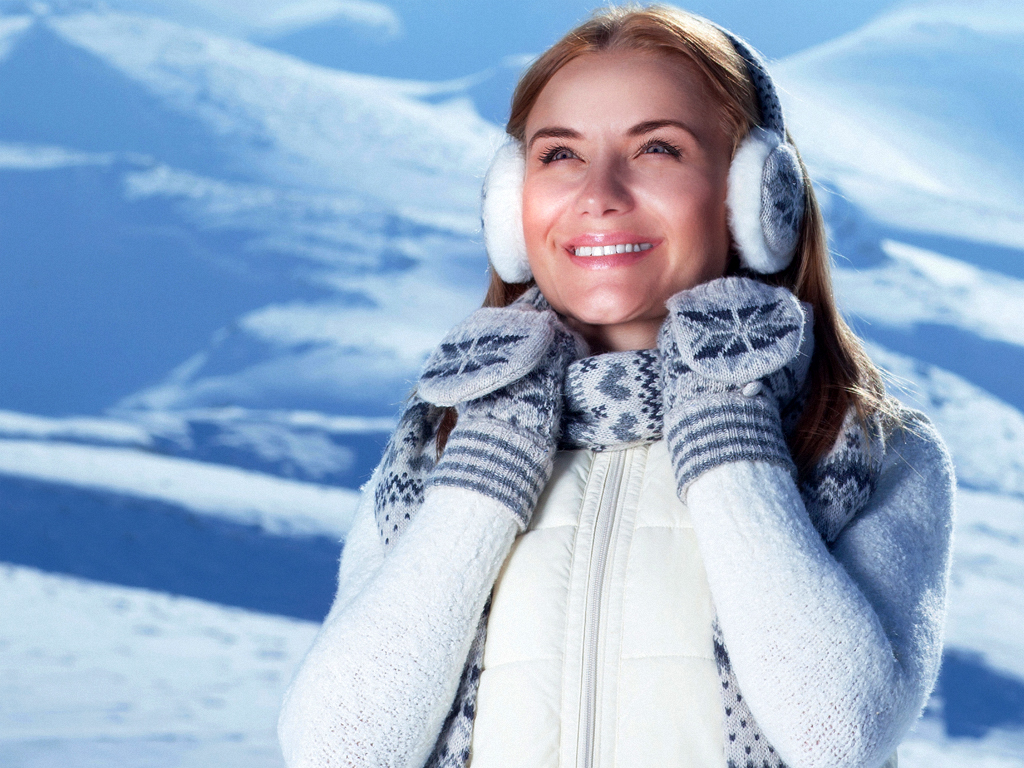Acne is like a volcano that erupts through the skin and as such is often unexpected. Acne can be painful and upsetting, causing low self-esteem for the individuals suffering from its side effects.
What is it?
Acne is a condition of the skin that causes hair follicles to become clogged with dead skin cells and oil in the sebaceous glands. Almost everyone suffers from a few pimples every now and then, but acne is noticeably different. It can range from pustules (pimples containing pus), papules (solid forming pimples), blackheads, whiteheads, nodules (painful and trapped under the skin) and cystic acne (painful cysts below the surface of the skin). These breakouts on the skin can range from being quite firm to being tender and painful, red and inflamed.
Who gets acne?
The answer is anyone is receptive to acne. Though it is more common in teenagers and young adults, it does not necessarily mean that the younger crowd is the only one susceptible to acne because it is common among all ages. It is a myth to think acne sufferers are unhygienic because most often their face is being over cleansed or stimulated by products that cause them to break out and cause more sebum (oil production). Those who suffer from hormonal imbalances, hereditary factors and heavy stress are also prone to this skin condition.
Where?
The face is the perfect breeding ground for breakouts, but there are many other places acne can pop up. Besides the face, acne can form on the scalp, back, neck, chest, buttocks, crotch, arms and legs. It is important when sweat forms to cleanse the skin to prevent breakouts and immediately change clothes after an intense workout to stop the acne from forming.

When?
When an individual is becoming depressed and concerned is when they should go and see a dermatologist for guidance. Although using topical treatments may reduce acne, it is important to think about acne both externally and internally. Are you often stressed? Are you eating a well-balanced healthy diet? Are you sweating a lot? These are things to take into consideration if your acne may be ongoing. It is just as important to internally care for our skin as we care for our external skin.
Why?
The short answer is every body and everybody is different. Multiple factors contribute to the root cause of acne. Pollution in the air and harmful irritants, dirty pillowcases, over cleansing, hereditary factors, stress/depression, diet and many more components play a role in why acne starts. If you are on the fence about your breakouts, it might be time to seek a dermatologist. They will be able to prescribe medicines to help in the treatment of your acne.
Stay tuned for another article explaining the types of acne!
Works Cited
1. Croswell, Jonathan. “Internal Problems That Cause Acne.”
LIVESTRONG.COM, Leaf Group, 18 July 2017,
www.livestrong.com/article/257812-internal-problems-that-cause-acne/.
2. “Understanding Acne Basics.”
WebMD, WebMD,
www.webmd.com/skin-problems-and-treatments/acne/understanding-acne-basics.






